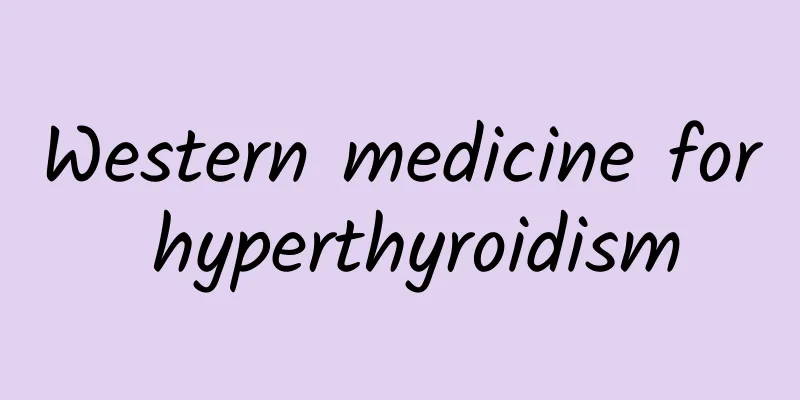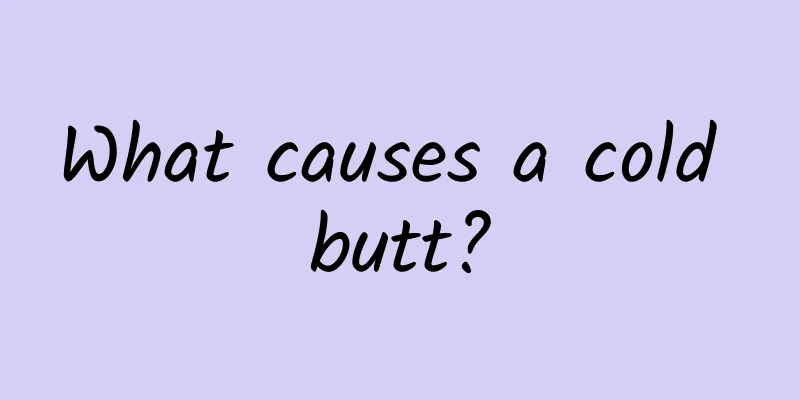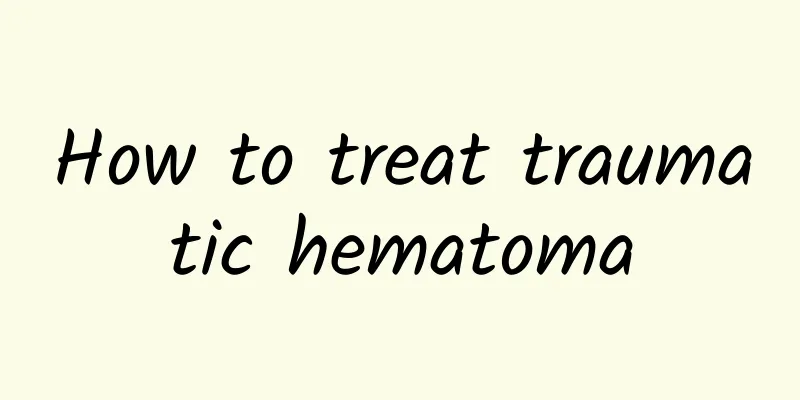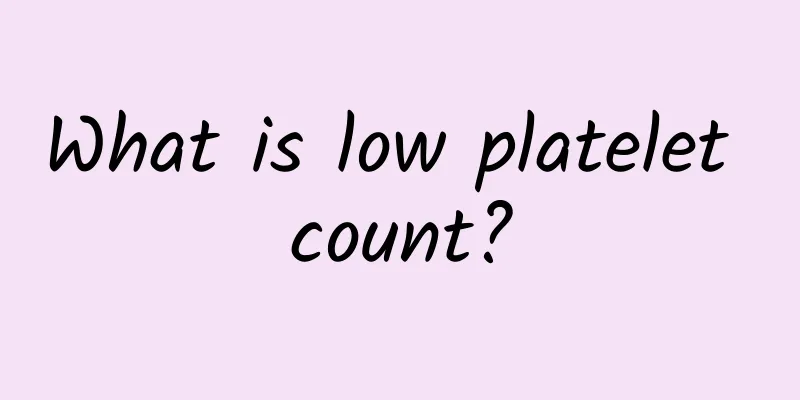Western medicine for hyperthyroidism

|
Hyperthyroidism is a common disease that poses a great threat to human health, especially for women. It is a chronic disease with a relatively high incidence rate and is relatively troublesome to treat. The most common methods are drug therapy, surgical treatment and iodine-131 treatment. There are also many Western medicines for the treatment of hyperthyroidism, mainly anti-thyroid drugs, which are also a common treatment for hyperthyroidism. 1. Drug treatment of hyperthyroidism Drug treatment for hyperthyroidism refers to the use of antithyroid drugs, the treatment principle of which is to inhibit the activity of thyroid hormone synthase, thereby reducing the biosynthesis of thyroid hormones (T3, T4) to achieve the purpose of treating hyperthyroidism. Duration of medical treatment for hyperthyroidism: A course of regular medical treatment is generally about 2 years of medication. In the first 2 to 3 months, blood routine tests need to be checked every week or two weeks, and T3, T4, TSH, etc. need to be checked monthly. The dosage should be adjusted in time according to the results of the review. During the subsequent maintenance dose treatment, regular checks are required every 2-3 months to adjust the dosage in time. The main disadvantages of medical treatment are: most people will relapse after stopping medication and need to be treated again, and only a very small number of people can achieve long-term remission. According to domestic literature reports, only 5-10% of people will not relapse after a course of drug treatment. 2. Surgical treatment of hyperthyroidism Surgical treatment for hyperthyroidism involves surgical removal of the thyroid gland. The treatment principle is to remove part of the thyroid tissue through surgery, thereby reducing the total follicular cells of the thyroid gland and the synthesized thyroid hormones (T3, T4), thereby restoring T3 and T4 in the blood to normal levels and achieving the purpose of treating hyperthyroidism. The duration of surgical treatment for hyperthyroidism: The duration of surgical treatment for hyperthyroidism depends on the patient's recovery. Because surgical treatment involves a one-time treatment and is very traumatic, the patient must receive good care after treatment so that he or she can recover better. 3. Iodine-131 treatment of hyperthyroidism Iodine-131 treatment The principle of iodine-13I treatment is to use the specific uptake of 131 by thyroid follicular cells. The ionization effect of β particles produced when 131 decays destroys thyroid follicular cells, reducing the synthesized thyroid hormones T3 and T4, thereby achieving the purpose of treating hyperthyroidism. Treatment time for hyperthyroidism with 131: 13I treatment is a one-time treatment, and only requires one oral administration of 131 solution. Symptoms may improve after two to three weeks of medication, a reduction period, and a maintenance period (half a year to one year). The total course of treatment is one to two years. The main disadvantages of 13I treatment: A few hours after oral administration of 13I, the thyroid gland swells, follicular cells show vacuoles and nuclear abnormalities, and some cells die after a few days. During this period, the thyroid gland may have inflammatory changes; afterwards, the follicular cells divide, the thyroid tissue is destroyed and replaced by connective tissue. At this time, the secretory function of the thyroid gland is inhibited, and hypothyroidism may occur in severe cases. There are several effective methods for treating hyperthyroidism. Now friends already know that the treatment effects of the above three methods are different, and the treatment methods are also different. Patients should consider which method is suitable for them before treatment. I hope the above content can help everyone. I wish you all a speedy recovery after treatment. |
<<: Western medicine for removing dampness
>>: Western medicine for treating chronic gastritis
Recommend
Treatment of patellar hyperosteogeny
There are many bones that are familiar to us in o...
Cleaning the nose after spraying milk
We all know that human milk contains a lot of nutr...
I took Chinese medicine to remove dampness and heat and had diarrhea.
Using traditional Chinese medicine to remove damp...
How to make scallion pancakes soft and delicious
Scallion pancake is a kind of pancake made with c...
Do you really know where the lungs are?
The lung is a very important organ in the human b...
Causes of painful urination during menstruation
If women experience stinging pain when urinating ...
Diarrhea in autumn
Autumn should be a season that many people like, ...
Left adrenal nodule
Adrenal nodules are a disease caused by many reas...
What causes sweaty hands and feet?
Sweating hands and feet is a relatively normal ph...
How to eat saffron and how much to use
There are many places of origin of rose tea. Alth...
Fissure between anus and pubic area
The human body has many diseases, which are cause...
What are the contraindications of taking blood-enriching Chinese medicine?
It is very important for women to replenish blood...
Precautions after appendectomy
When appendicitis is severe and drug treatment is...
What are the precautions for vaginal inversion examination?
As female friends grow older, it is necessary to ...
Is moxibustion effective for synovitis?
Moxibustion is a very good treatment measure in t...









